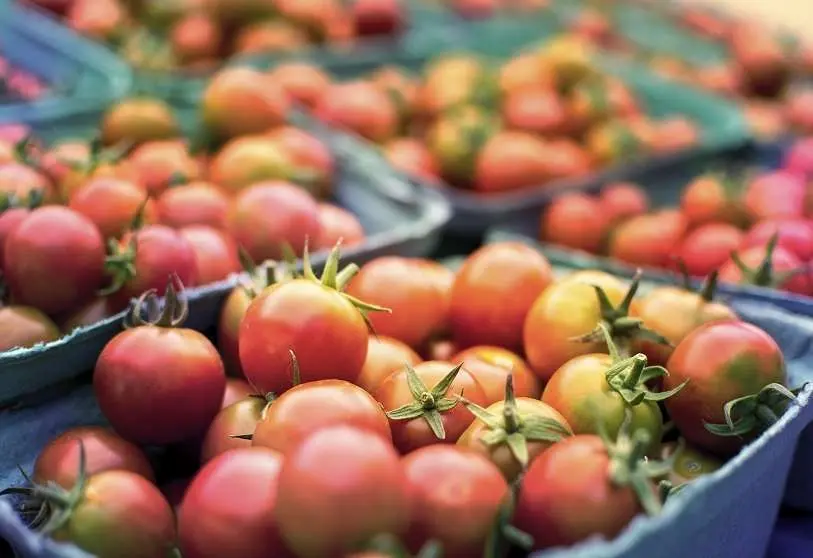Gran auge de la agricultura ecológica en Marruecos

Morocco's commitment to the use of organic agriculture is booming. Last year, the Maghreb country already had 10,300 hectares dedicated to the cultivation of organic produce, something that has seen strong growth over the decades since, in 2011, there were only 4,000 hectares dedicated to this type of agriculture. Reda Tahiri, president of the Moroccan Farmers Union gave an interview to the AFP news agency, where he acknowledged the work and effort of farmers in his country for the growth but acknowledged that the level of importance given to this type of agriculture is yet to grow. "This is still far below the potential of an agricultural country like Morocco," he said in the interview.
Morocco has been primarily devoted to olive production since 1986, although environmentalism has grown very fast in recent years and production has had to be divided into eight main regions, which are dedicated exclusively to organic farming. These are Rabat, which accounts for 14% of total organic production and constitutes 80% of the organic territory, Azzemour, Fez, Taza, Beni Mellal, Marrakech, Agadir, and Taroudant. The Kingdom also has 300,000 hectares of cultivated aromatic and medicinal plants, such as argan and cedar, which are located in almost all regions, most of which are grown spontaneously. Marrakech stands out as the main place for the cultivation of these herbs. Saffron flourishes in Taroudant and the caper grows more in Fez than in other regions. Fruit production comes from Marrakech and Agadir, where climatic conditions make these parts of the country a good location for growing fruit trees

In recent years, the sector has seen very good results. In 2019, 120,000 tonnes of organic products were collected, which is more than the only 40,000 tonnes collected in 2010. And with this boom, very good data was also collected in local imports and exports. According to the Centre for Research in Applied Economics for Development, in 2020, the Alawi kingdom exported around 130 tonnes of organic vegetables to the European Union, Canada, Switzerland and the United States. Within the country itself, the growth is very significant since, in 2013, there were only 81 hectares out of 1,200 hectares devoted to organic food production. In Tahiri's words, this is due to the fact that "consumer awareness and the increase in producers' profit margins must accelerate".

The Moroccan agri-food sector is experiencing a boom in recent years, thanks to the Le Maroc Vert plan (Green Morocco Plan), which was launched in 2008 by the government and is still in force today. From the outset, this idea was focused on modernising the sector to achieve greater productivity and on seeking better conditions for farmers, especially the smallest ones, with the launch of subsidies and cooperatives to strengthen their work. In recent times, these subsidies have ranged from a 90% rate of aid for areas equal to or larger than 0.5 hectares, with 10,000 dirhams designated for them. On the other hand, the larger areas, which exceed 20 hectares and are at a rate of 70%, will be allocated 40,000 dirhams each, for one year respectively for the two models explained above.








